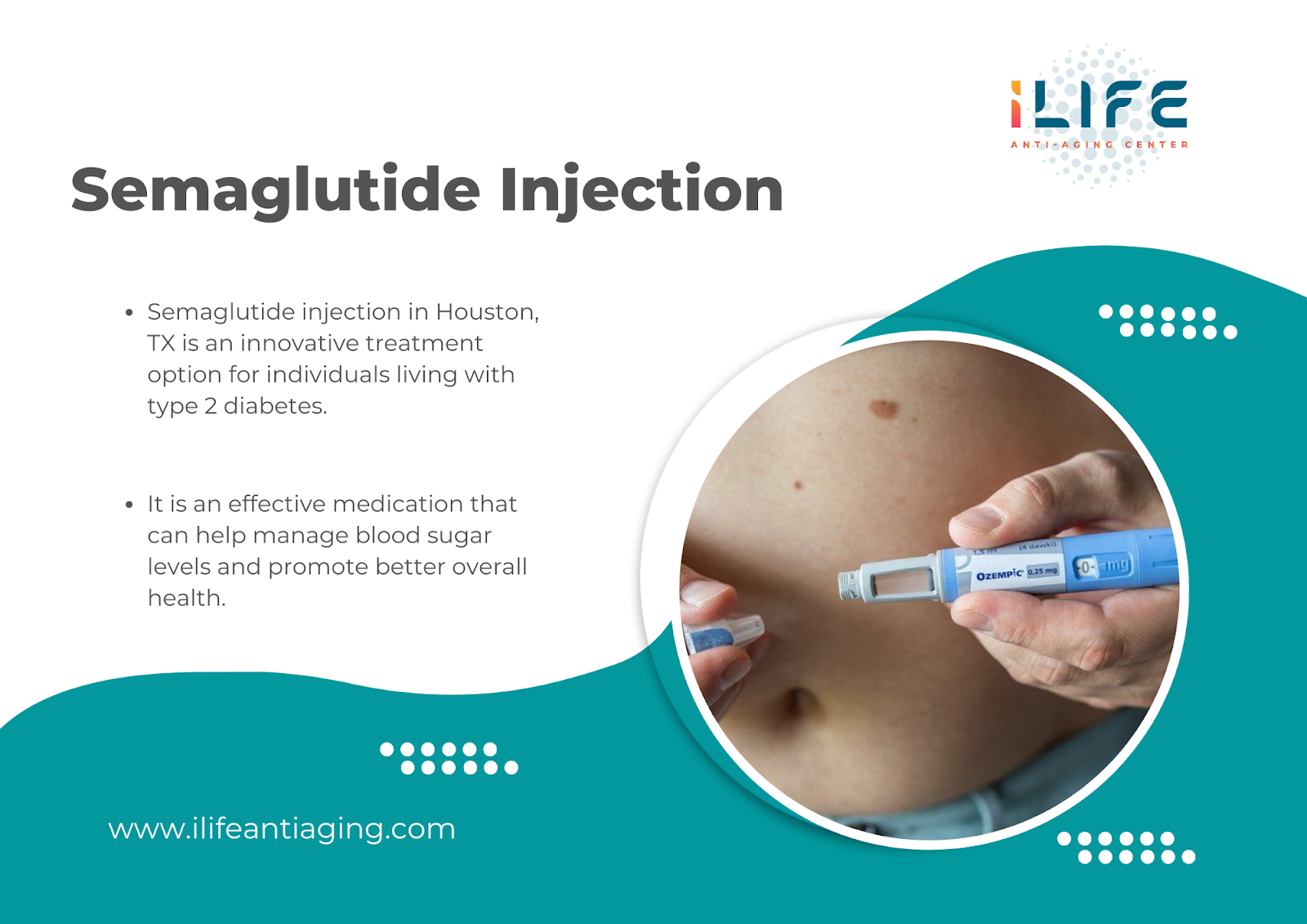How to Find the Most Affordable Phlebotomy Training in Dallas, Houston, San Antonio
 |
| Phlebotomy School, Training, and License in Dallas, Houston, San Antonio |
Phlebotomy is a critical field in the healthcare industry that involves drawing blood samples from patients for laboratory testing or blood donation. If you are interested in becoming a phlebotomist, you must undergo comprehensive training to learn the skills necessary to succeed in this field. However, finding an affordable Phlebotomy School, Training, and License in Dallas, Houston, San Antonio, or any other city can be challenging. In this article, we will discuss various strategies that you can use to find the most affordable phlebotomy training in these cities.
Why is phlebotomy training important?
Phlebotomy training is essential because it equips you with the necessary knowledge and skills to draw blood safely and effectively. You will learn how to interact with patients, locate veins, collect blood samples, and handle the specimens properly. Without proper training, you risk injuring yourself or the patient, contaminating the samples, and delivering inaccurate test results. Moreover, most employers require phlebotomists to have formal training and certification before hiring them.
What are the requirements for phlebotomy training?
The requirements for phlebotomy training vary depending on the state and the program. However, most programs require applicants to have a high school diploma or GED, be at least 18 years old, pass a criminal background check and drug test, and provide proof of immunization. Some programs may also require students to have CPR certification.
How long does phlebotomy training take?
Phlebotomy training programs can range from a few weeks to several months, depending on the type of program and the intensity of the curriculum. For example, a certificate program may take six weeks to complete, while an associate degree program may take two years. However, some programs may offer accelerated options that allow students to complete the training in a shorter time frame.
How much does phlebotomy training cost?
The cost of phlebotomy training can vary widely depending on the type of program, the location, and other factors. Generally, certificate programs are less expensive than associate degree programs. According to the National Center for Education Statistics, the average cost of a certificate program in phlebotomy was $4,470 in 2019-2020, while the average cost of an associate degree program was $13,656. However, some programs may charge additional fees for textbooks, uniforms, lab supplies, and clinical practice.
Where can you find affordable phlebotomy training in Dallas, Houston, and San Antonio?
Several options are available for finding affordable phlebotomy training in these cities, including community colleges, vocational schools, non-profit organizations, and online programs.
Vocational Schools
Vocational schools specialize in providing practical training for specific careers, including phlebotomy Now school. These schools offer certificate programs in phlebotomy that can be completed in a shorter time frame than associate degree programs. For example, the phlebotomy technician program at the Houston School of Health Professions takes only six weeks to complete and costs $2,195. Vocational schools may also offer job placement assistance to graduates.
Online Programs
Online programs are a convenient option for students who cannot attend traditional classroom-based programs. These programs allow students to complete the coursework at their own pace and from any location with an internet connection. However, it is important to ensure that the online program is accredited and provides adequate hands-on training. The cost of online programs can vary widely, with some programs costing as little as $500 and others costing several thousand dollars.
What should you consider when choosing a phlebotomy training program?
When choosing a phlebotomy training program, you should consider several factors, including the cost, location, duration, accreditation, curriculum, hands-on training, job placement assistance, and reputation. It is also important to ensure that the program meets the requirements for phlebotomy certification in your state.
How can you finance your phlebotomy training?
There are several options available for financing your phlebotomy training, including scholarships, grants, loans, and employer tuition reimbursement programs. Many schools and organizations offer scholarships and grants to eligible students based on financial need, academic merit, or other criteria. You can also apply for federal and state student loans to cover the cost of tuition, fees, and other educational expenses. Some employers may also offer tuition reimbursement programs for employees who pursue phlebotomy training.
What are the benefits of obtaining phlebotomy certification?
Obtaining phlebotomy certification can provide several benefits, including increased job opportunities, higher salaries, and enhanced professional credibility. Many employers prefer to hire certified phlebotomists over non-certified candidates, and some states require certification for phlebotomists to practice. Certification also demonstrates your commitment to the profession and your willingness to maintain high standards of practice.
How can you prepare for the phlebotomy certification exam?
To prepare for the phlebotomy certification exam, you should review the exam content outline, study the relevant textbooks and materials, take practice exams, and attend review courses. It is also important to get hands-on practice drawing blood and working with patients under the supervision of a qualified instructor. You can also join professional organizations such as the American Society of Phlebotomy Technicians or the National Phlebotomy Association to stay up-to-date with the latest industry developments.
What are some common challenges faced by phlebotomy students?
Some common challenges faced by phlebotomy students include difficulty finding affordable training,overcoming anxiety and fear of needles, and mastering the technique of blood drawing. It is important for students to seek support from their instructors and peers, and to practice their skills regularly to build confidence and proficiency. Additionally, time management can be a challenge for some students who are balancing school, work, and other responsibilities. It is important to prioritize studying and practice time and to create a schedule that allows for adequate preparation.
Conclusion
Phlebotomy School, Training, and License in Dallas, Houston, San Antonio
If you're looking for the best phlebotomy school, training, and license in Dallas, Houston, or San Antonio, look no further than Phlebotomy Now. With a focus on providing comprehensive education and hands-on experience, our program equips you with the skills and knowledge you need to excel in the field of phlebotomy. Our experienced instructors are dedicated to ensuring you are well-prepared to take on the challenges of this rewarding career.
At Phlebotomy Now, we prioritize your success and provide ongoing support to help you achieve your goals. Contact us today to learn more about our program and take the first step towards your future as a skilled phlebotomist.




Comments
Post a Comment